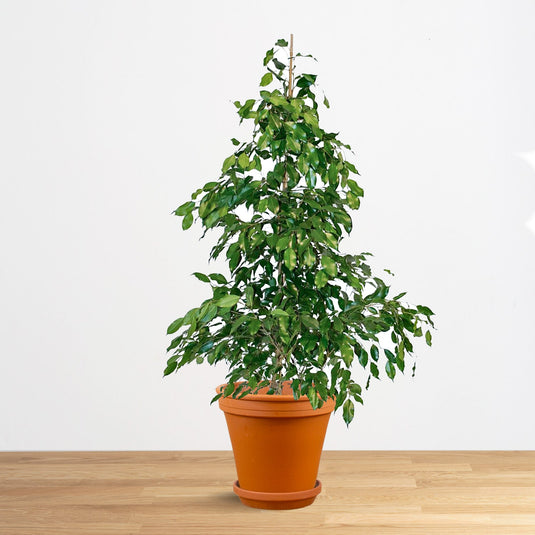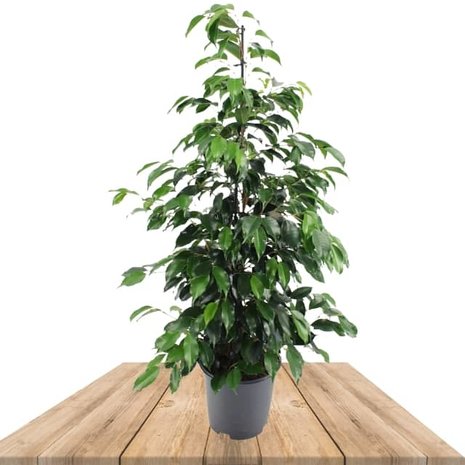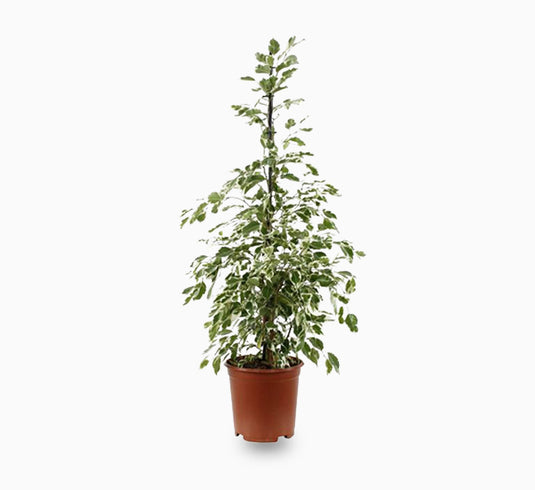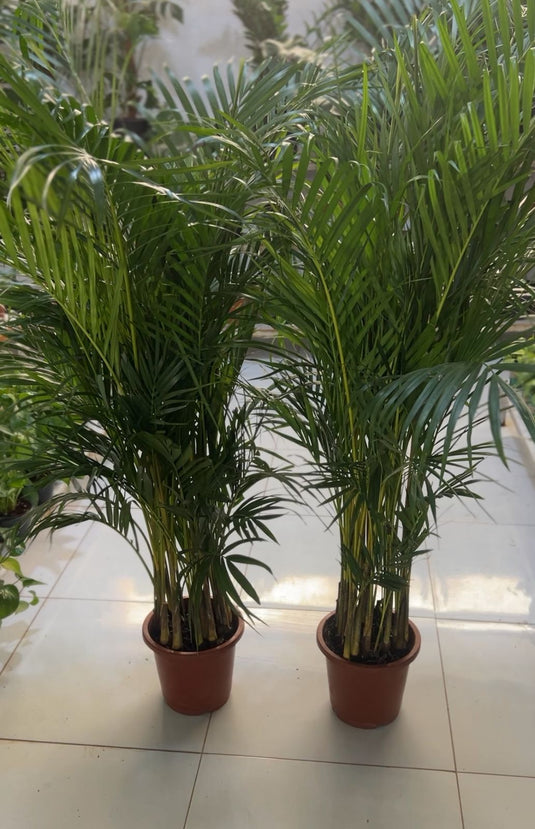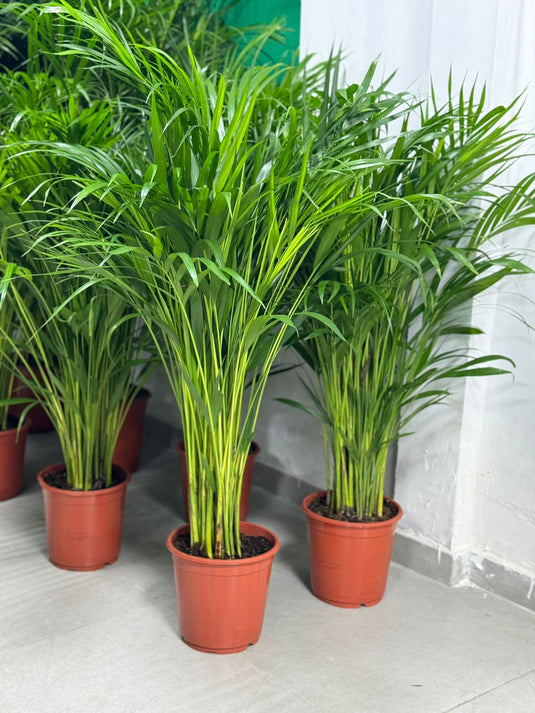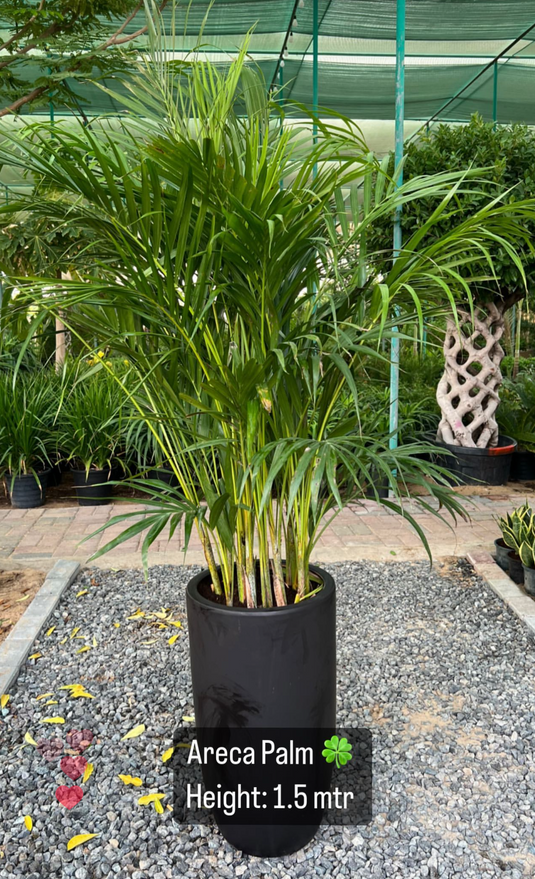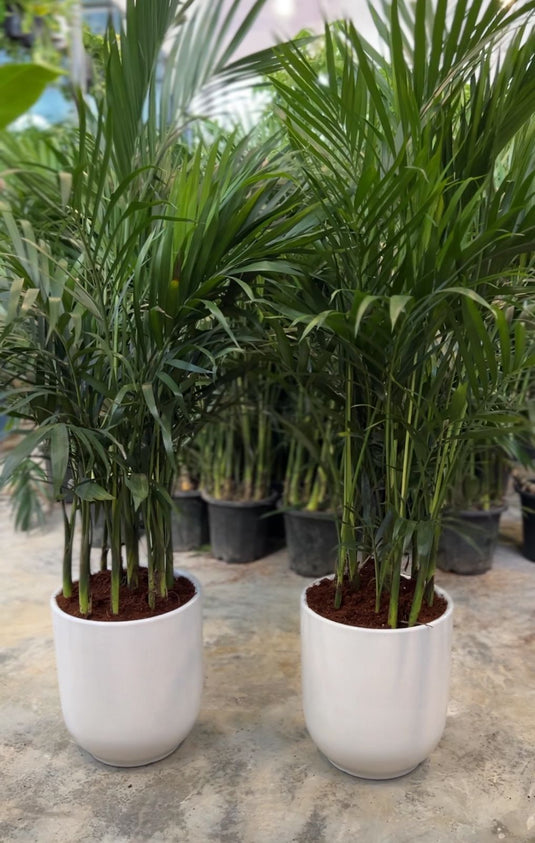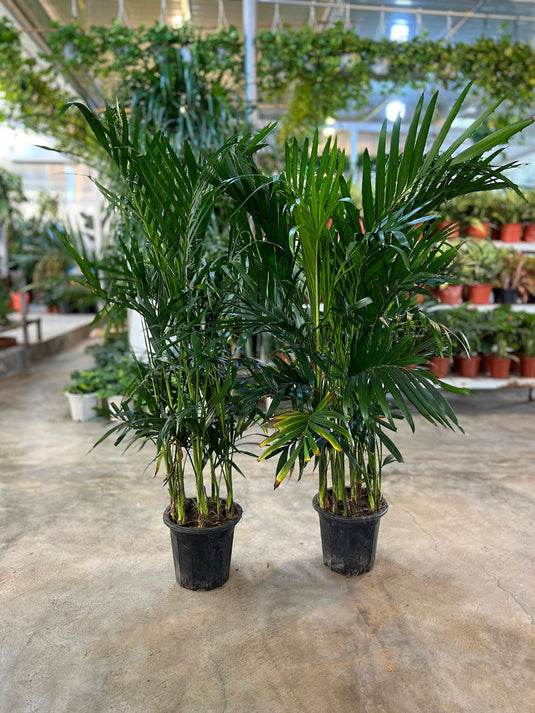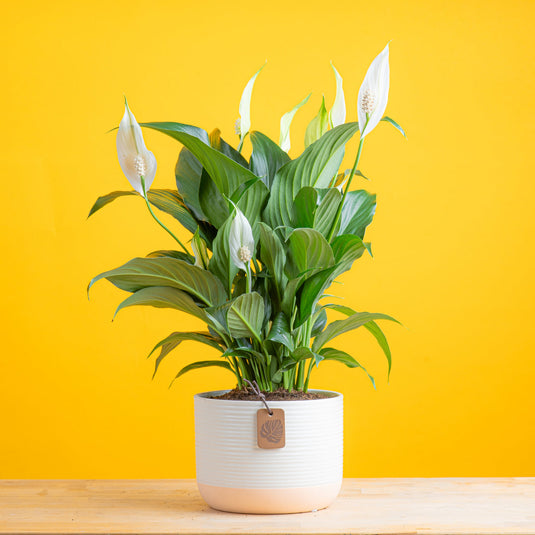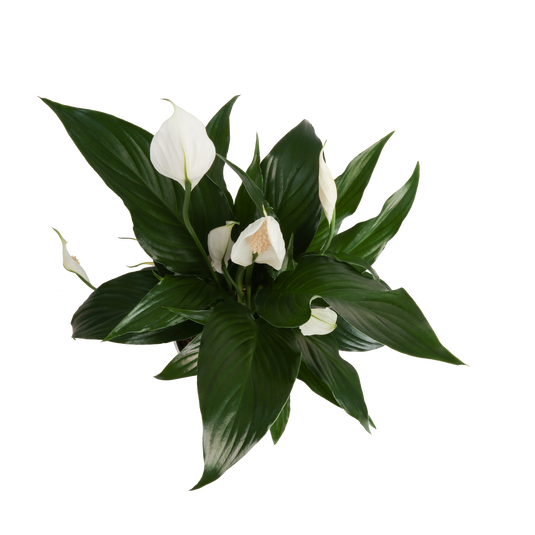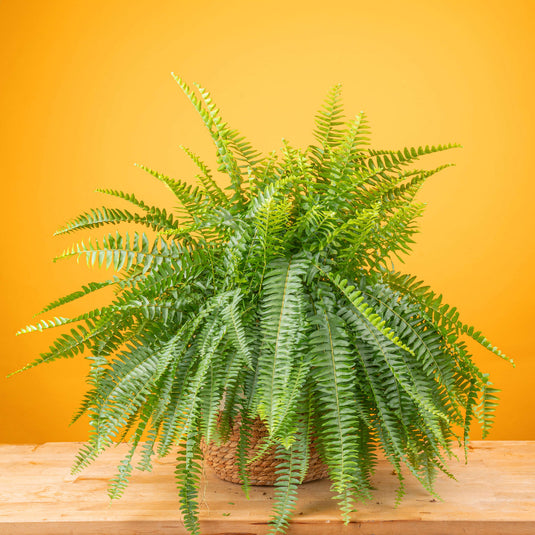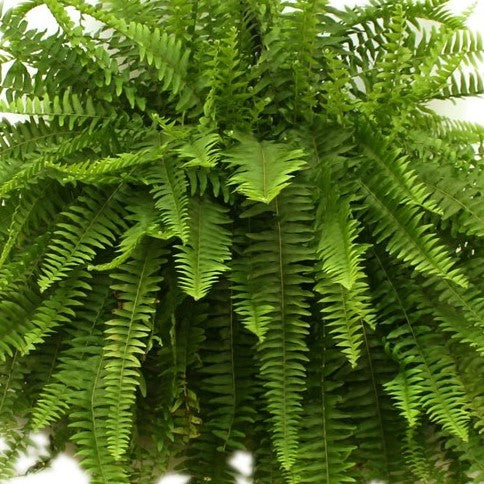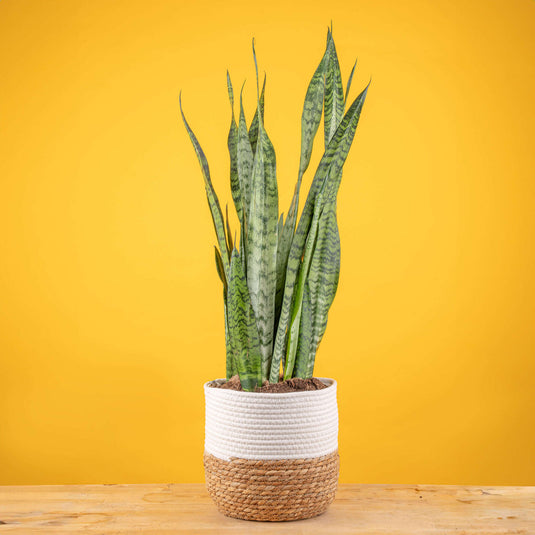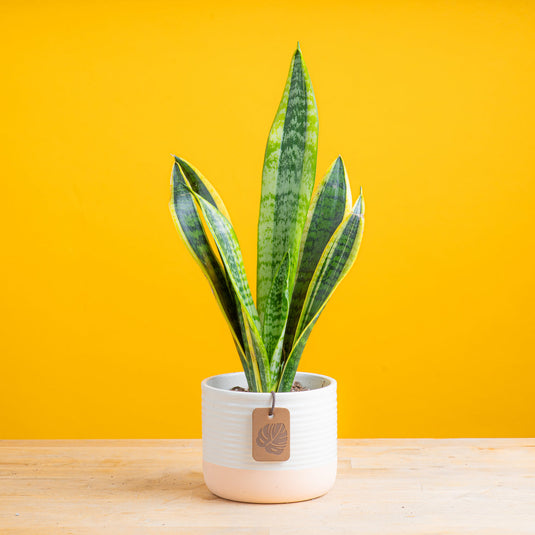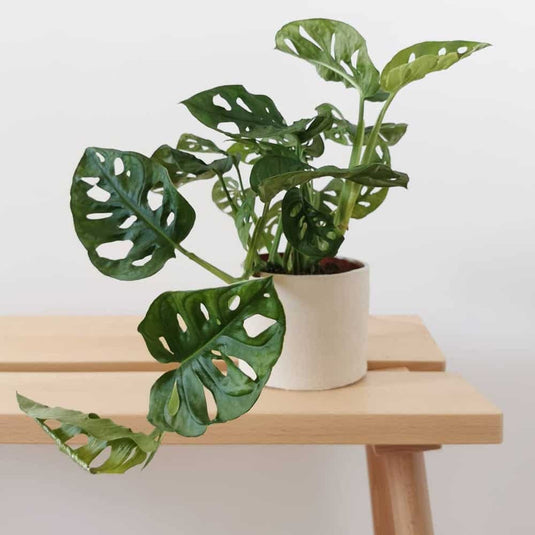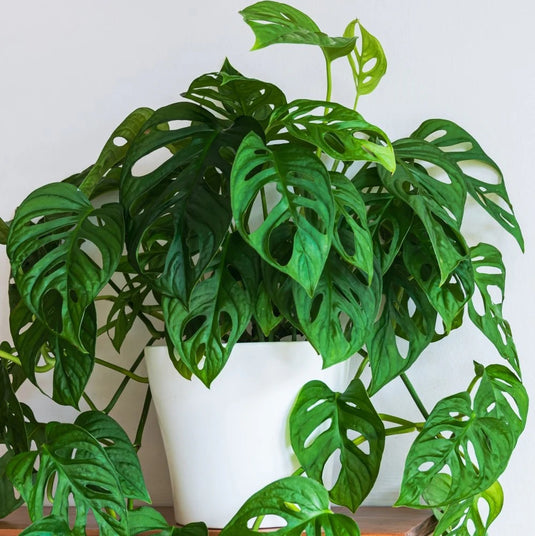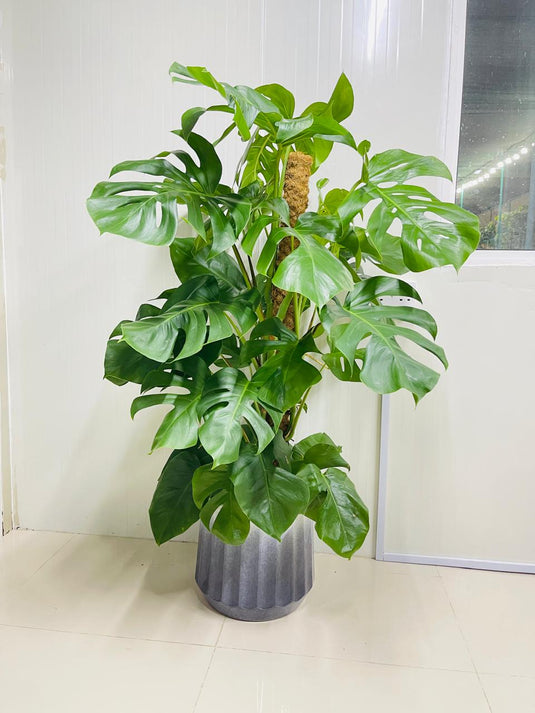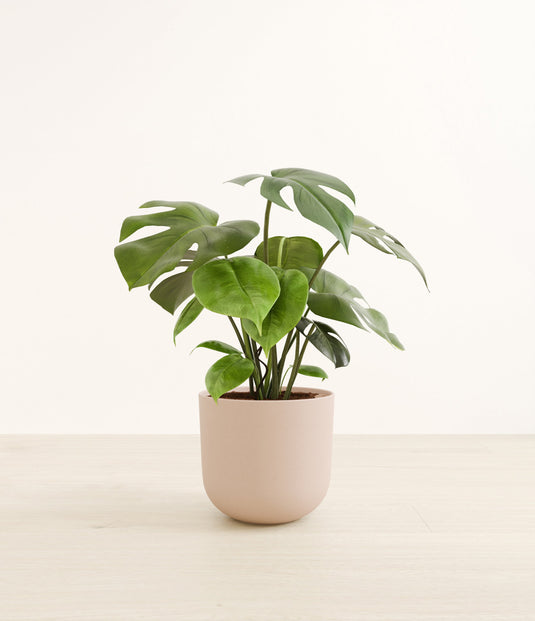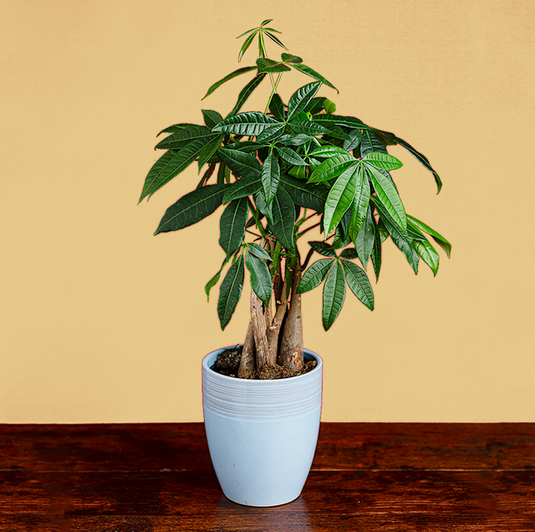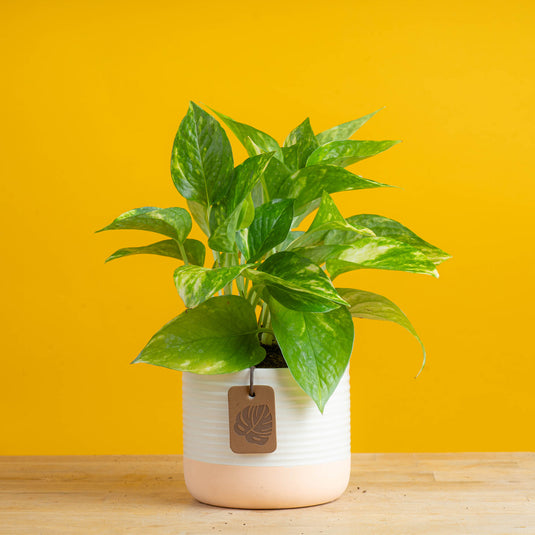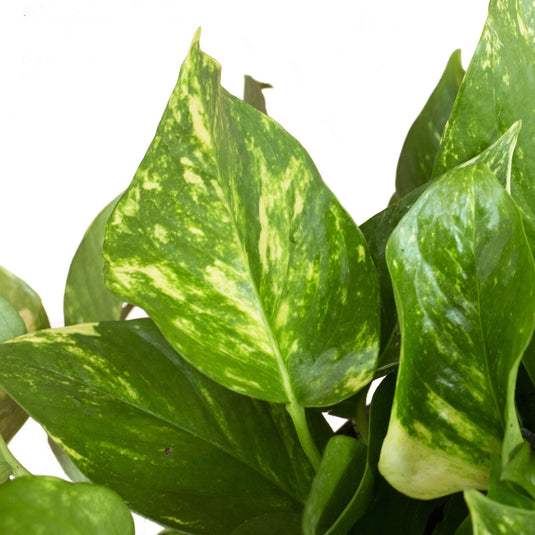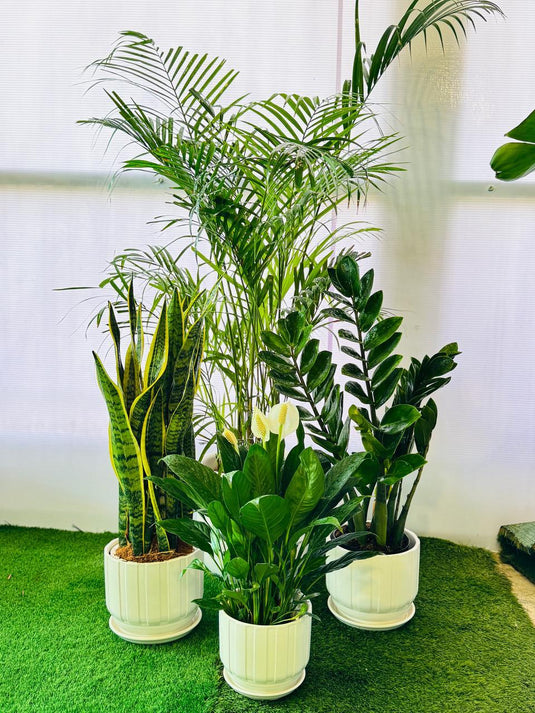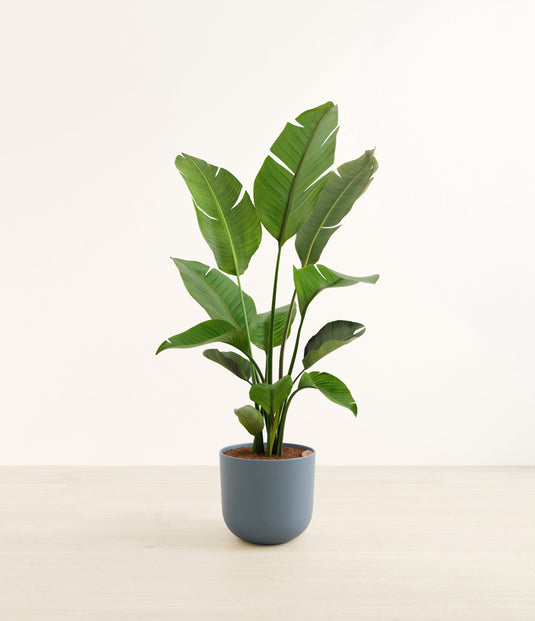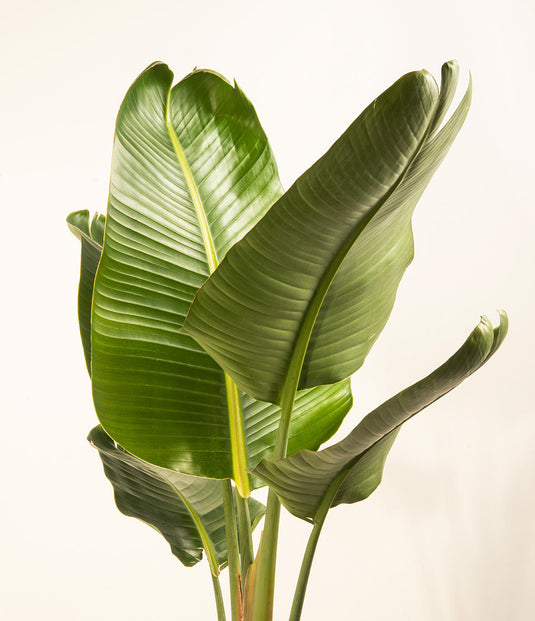Ficus Benjamina Holland
- Healthy Arrival Guarantee
- Free Plant Care Consultation
- Safe & Secure Payment

We will send you a notification as soon as this product is available again.
-
Estimated delivery: Mar 03 - Mar 07
-
Free return within 7 days of purchase.
Plant Description
Ficus Benjamina Holland, commonly known as the weeping fig, is a popular indoor plant characterized by its graceful arching branches and glossy, ovate leaves. The global market for indoor plants, including Ficus Benjamina Holland, is projected to reach approximately $7 billion by 2030.
5 Benefits of Ficus Benjamina Holland That Every Home Should Know
1. Air Purification
Ficus Benjamina Holland has been shown to effectively filter indoor air pollutants, including formaldehyde and benzene, contributing to healthier living environments.
2. Low Light Tolerance
Research indicates that this species can thrive in low to moderate light conditions, making it an excellent choice for various indoor settings.
3. Aesthetic Appeal
The elegant form and lush foliage of Ficus Benjamina Holland enhance the decor of homes and offices, providing a natural touch to indoor spaces.
4. Humidity Regulation
Studies have shown that Ficus Benjamina Holland can help increase humidity levels indoors, benefiting skin and respiratory health, particularly in dry climates.
5. Resilience
This plant is known for its resilience to pests and diseases, requiring minimal maintenance while maintaining its health and appearance.
Disadvantages
- Ficus Benjamina Holland can grow quite tall, which may not be suitable for smaller living spaces.
- This plant may drop leaves if exposed to sudden environmental changes, such as drafts or temperature fluctuations.
- As it grows, Ficus Benjamina Holland requires adequate root space, which can limit placement options.
- Growth rates can slow during winter months, which may not meet the expectations of some plant owners.
- Regular pruning may be necessary to maintain its shape and size, requiring some effort from the owner.
Frequently Asked Questions
1. Is Ficus Benjamina Holland easy to care for?
Yes, it is relatively easy to care for, making it suitable for both novice and experienced plant enthusiasts.
2. Does it improve indoor air quality?
Yes, studies have shown that Ficus Benjamina Holland effectively filters indoor air pollutants.
3. Can it thrive in low light conditions?
Yes, this species can adapt to low to moderate light environments.
4. Is it safe for pets?
No, Ficus Benjamina Holland is mildly toxic to pets, so caution is advised in households with animals.
5. Does it require frequent watering?
No, it is best to allow the soil to dry slightly between waterings to prevent overwatering.
Final Verdict: Should I Buy a Ficus Benjamina Holland?
Yes, purchasing a Ficus Benjamina Holland is a great choice for enhancing indoor spaces.
Plant Care
Watering
Water your plant once a week or when the soil starts to feel slightly dry on the surface. Keep the soil consistently moist, but be careful not to overwater, as this can cause brown spots and leaf drop. If the leaves become curly or dry, it's a sign that the plant needs water. It's best to water your plant in the early morning or late evening when the temperatures are cooler. Always check the soil before watering.
Light
Provide bright indoor light or indirect sunlight for about 6 to 8 hours a day.
Temperature
Maintain temperatures between 18°C and 24°C. Avoid exposing the plant to drafts, as these can cause undesirable temperature fluctuations. Mist the plant occasionally, about twice a week, to help maintain optimal humidity levels.
Fertilizer
Apply liquid fertiliser every 15 days when the plant is actively growing. For best results, use Folikraft ready-to-use Indoor Plant Food.
What Our Clients Say About Us
As a House se Manager in prestigious property in Dubai HILLS ESTATE, I would Highly recommended My Plants - Landscaping Services. All the team were amazing and hardworking. They are expert that achieved coordination and best feedback results to any projects that my Client wish and job order done. Appreciated. Thank you.
I ordered a 2m bird of paradise on their website with a pot. The price was much more reasonable than elsewhere, so I gave it a try. Ordered at 9pm on a Thursday night, delivered at 3pm the next day. The plant arrived bigger than I expected, replanted in its pot with brand new potting soil, incredible! The black pot is a perfect match for my home and really looks high-quality. Thanks again!
Good plants, they came over to my place to pot them and clean them, prices are good also, thank you Kashif for improving my experience and your top customer service.


